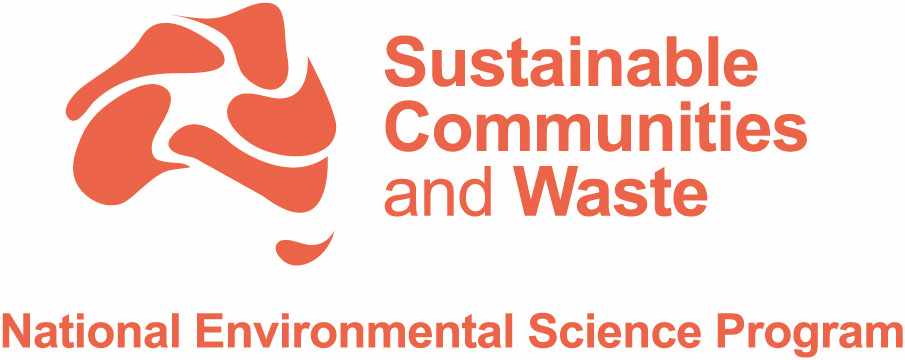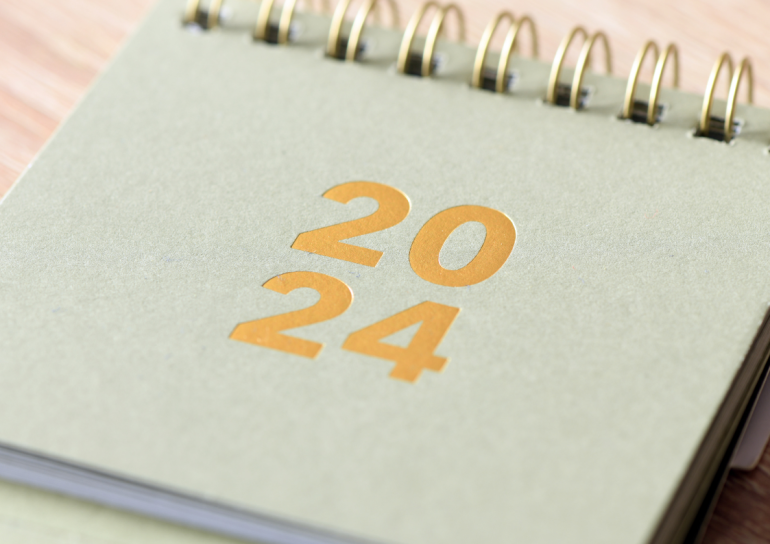As we begin a new year, the Sustainable Communities and Waste (SCaW) Hub is reflecting on another year of impactful research, collaboration and progress. Across our Hub, we have continued to deliver innovative solutions for creating more sustainable communities and managing waste in urban and regional areas of Australia. Below, we outline our key achievements and provide a glimpse of what lies ahead.
IP1: Sustainable People-Environment Interactions
2024 Achievements
- Nature Connection: The team collected and published around 150 multimedia stories about nature connection on the Nature Connection Storytelling website. These stories are shaping qualitative research into Australians' relationships with nature.
- Fact Sheets and Publications: Published a fact sheet on nature connection with two additional ones under review. Two academic papers from survey analysis are also under review, with more papers and outputs planned for early 2025.
- Water Sensitive and Liveable Communities: The team released a report on their National Survey on Regional and Remote Local Government Areas.
Looking Ahead
In 2025, the project’s focus will remain on deepening our understanding of the connections between human wellbeing and the environment.
IP2: Reduced Impact of Plastics and Other Materials
2024 Achievements
- Microplastics reports: The research teams developed the “Initial Report on Microplastics from Road and Tyre Dust” and the “Initial Assessment of Harmful Plastic Additives from Global Datasets and Scientific Literature.”
- Regional Recycling Solutions: Conducted workshops in regional communities including Uralla and Gunnedah and published the technical survey ahead of the "Regional and Remote: Technology Road Map" report to address recycling challenges in remote areas.
- Tackling microplastic on Country: IP2 leaders attended the “Rubbish on The Shore - Ghost Net Think Tank” event held on the traditional lands of the Gumtaj Clan in the Gulkula site in Arnhem land to contribute subject matter expertise.
Looking Ahead
In 2025, IP2 will finalise reports on microplastic monitoring and sources, launch a community case study and continue working on fit-for-purpose recycling technologies.
IP3: Management of Hazardous Waste, Substances and Pollutants
2024 Achievements
- NESP presentation: IP3 were invited to present at DCCEEW’s NESP Partnership, Science, Impact conference to showcase science collaborations, speaking about the project’s work to support a safe circular economy.
- Risk Assessments: Advanced research into the safe and effective reuse of complex waste materials including tyres to inform circular economy practices.
- Stakeholder Collaboration: Presented findings to government decision-makers, helping shape policies on material reuse within the circular economy.
Looking Ahead
Next year, the focus will be on refining risk assessment methodologies and expanding stakeholder engagement to foster safer circular economy practices.
IP4: Improved Air Quality, Forecasting and Assessment
2024 Achievements
- Key Thinkers Forum: While the forum on air quality, asthma and Indigenous health took place in 2023, 2024 saw the release of a follow-up video and continued engagement with stakeholders to map future projects.
- Educational Resources: Published plain english information sheets on low-cost air quality sensors and a map of Australian Indigenous research activities related to air quality, asthma and Indigenous health.
- Research Progress: Completed meteorological modelling under various climate scenarios, laying the groundwork for future air quality studies.
Looking Ahead
In 2025, IP4 will deliver practical tools and guidance for air quality monitoring and interventions, with a focus on vulnerable populations and safe refuge solutions.
IP5: Waste Impact Management Research
2024 Achievements
- Circular Economy Metrics: Published the "Australian material flow analysis to progress to a circular economy" to evaluate Australia’s progress in waste recovery and recycling.
- End-of-Life Tyres: Published the report on "Exploring Opportunities for Increasing Value Recovery from End-of-Life Tyres and Conveyor Belts in Western Australia," and held a webinar to offer insights for policymakers and industry stakeholders.
- Indigenous Collaboration: Conducted field visits and yarning sessions with Indigenous communities in WA to co-design waste management solutions.
- Local Government Engagement: Researchers conducted a local government survey on the facilitation of regional and remote circularity to identify gaps and opportunities in the areas.
Looking Ahead
In 2025, the focus will be on implementing place-based interventions in Indigenous communities and enhancing local government capacities for circular economy practices.
Summary
As we look to the new year, the Hub remains committed to its vision of sustainable communities and managing waste impacts in both urban and regional Australia. Explore our achievements further through our reports and fact sheets. We thank all our partners and stakeholders for their continued support and look forward to another year of progress.

